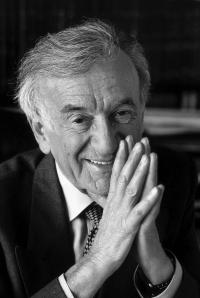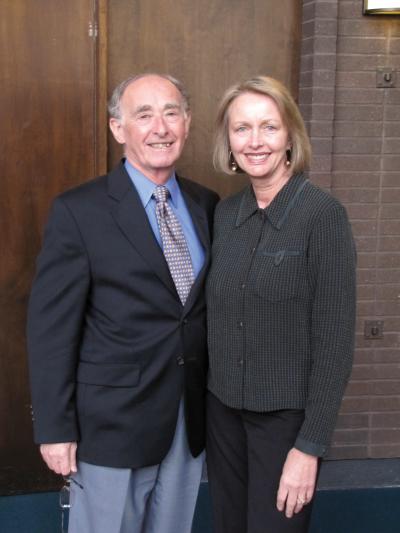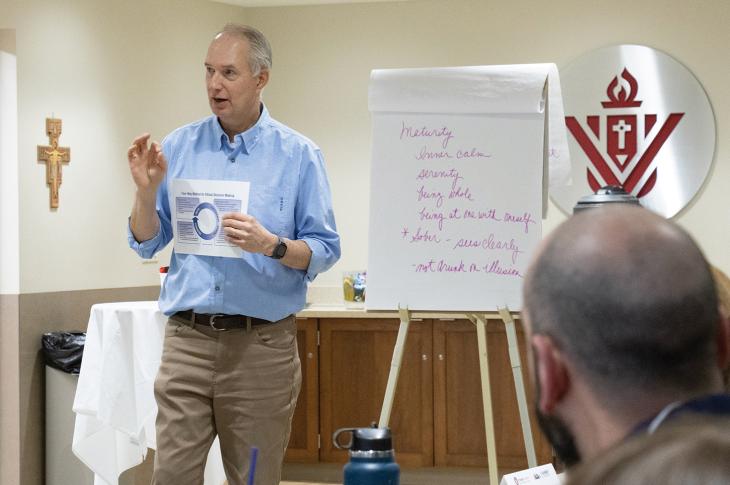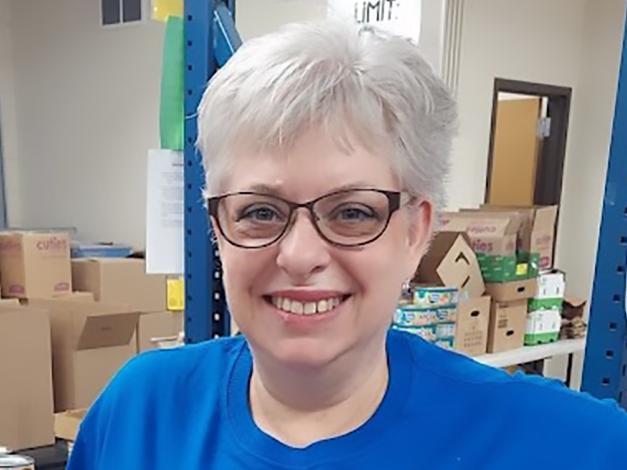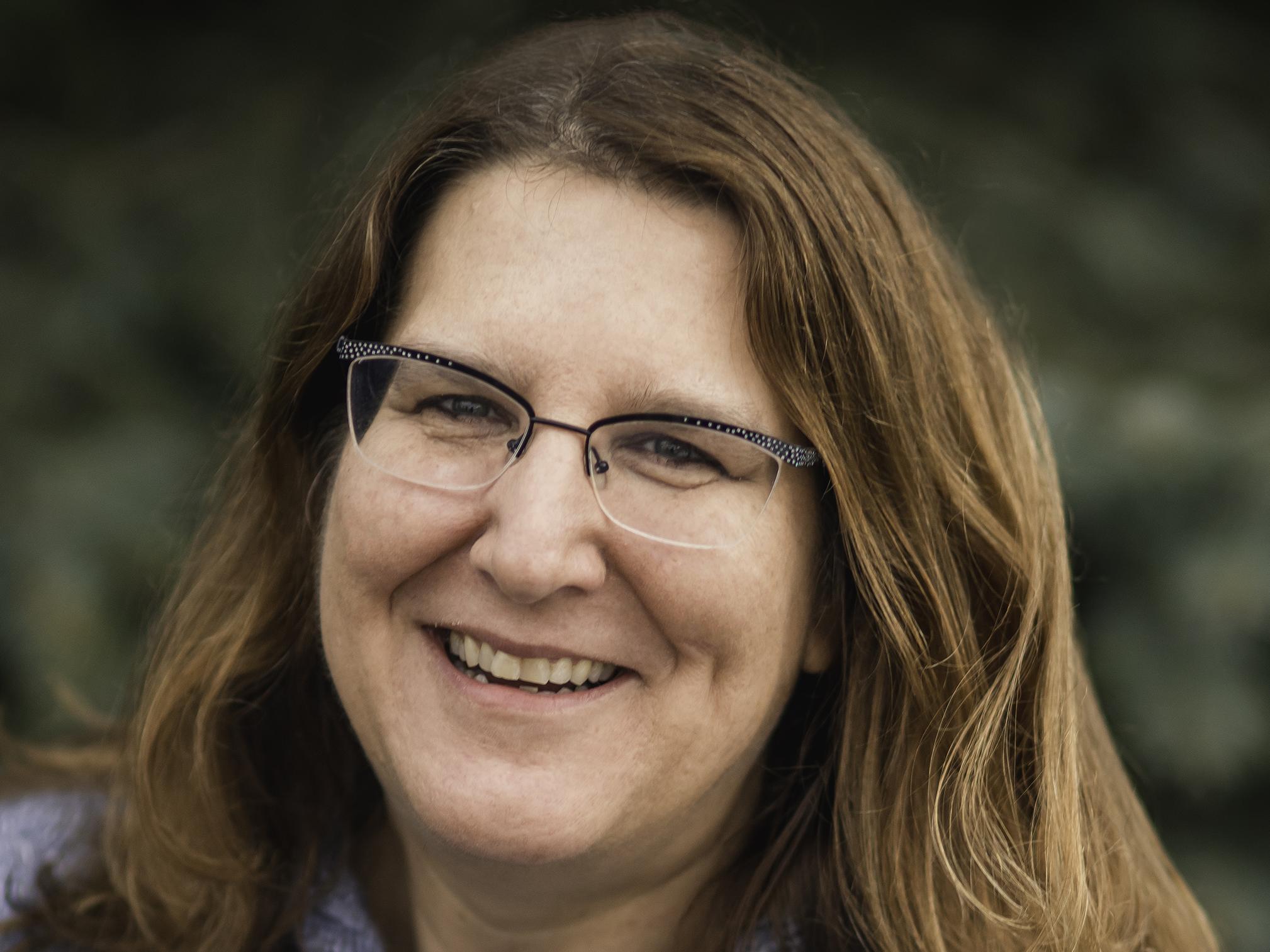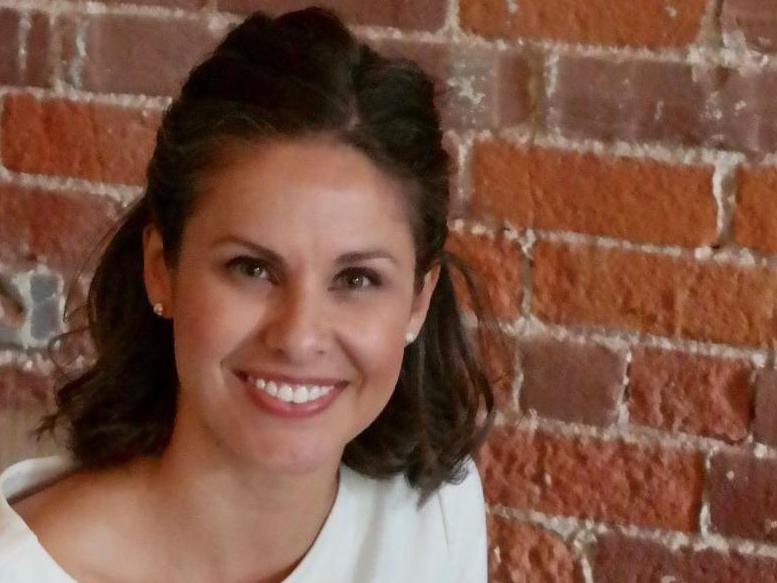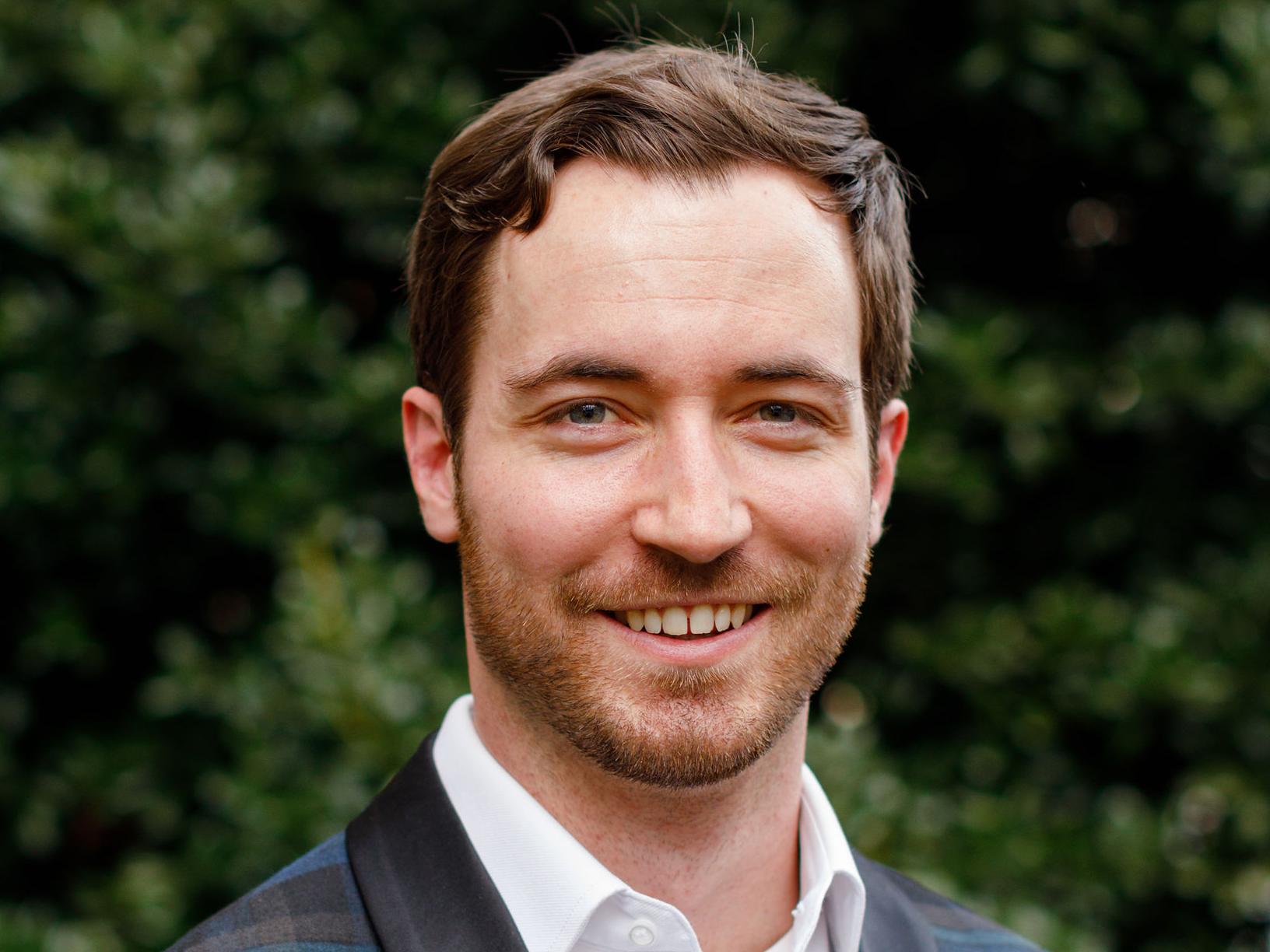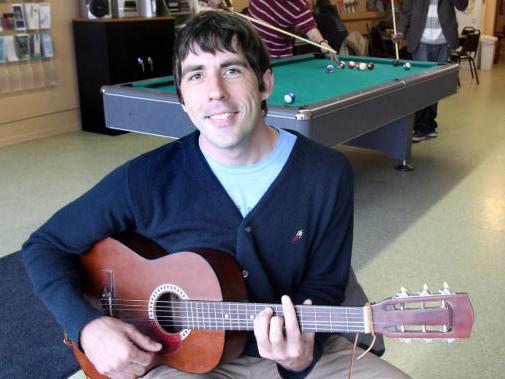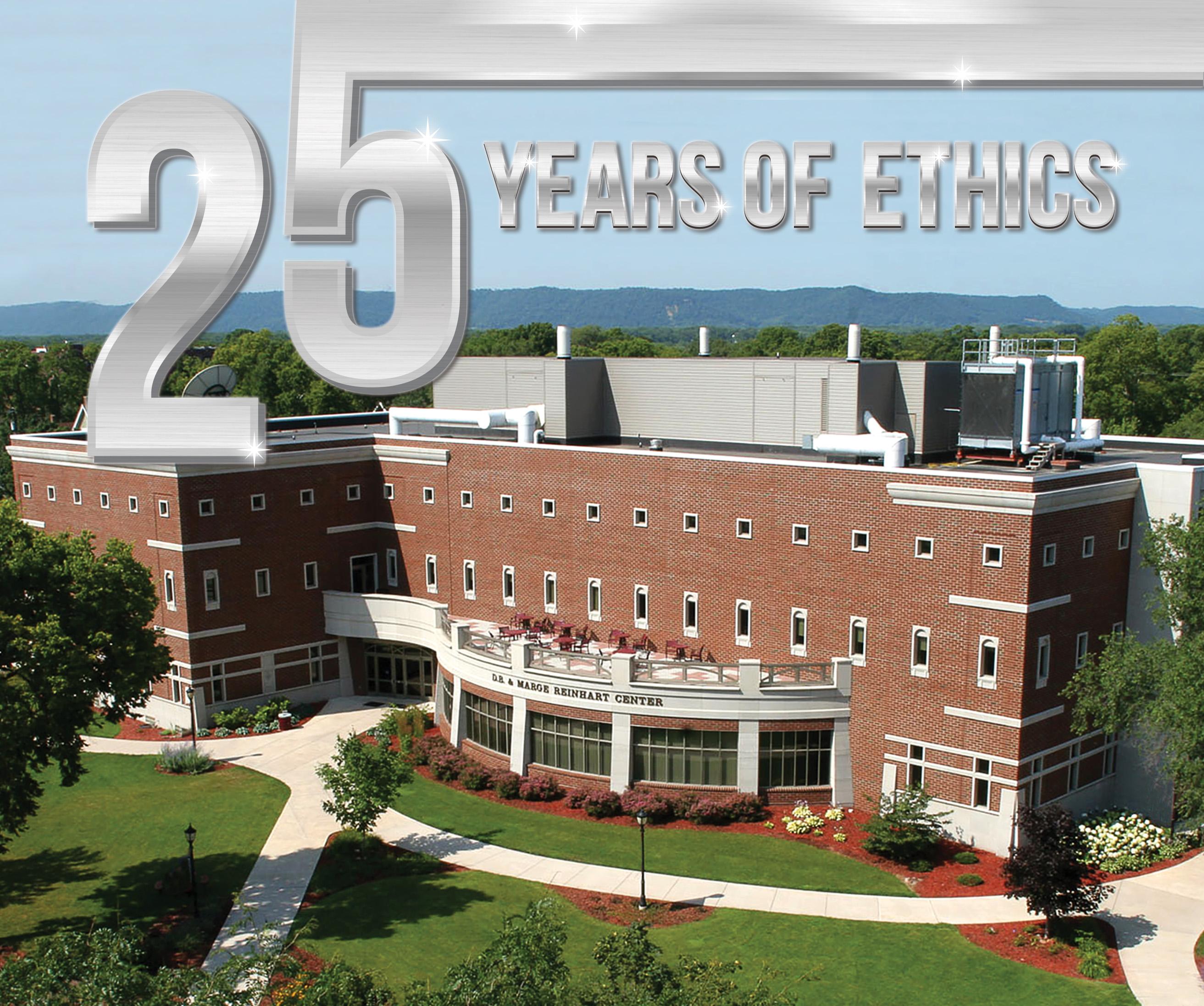
In the late 1990s, Viterbo President Bill Medland and members of the Board of Trustees were seeking a good way to honor D.B. Reinhart, the longtime friend of the college who had passed away in 1996. Reinhart was a highly respected businessman and leader who had built his company, Gateway Foods, into the largest privately-owned food wholesaler in the nation. He had been very generous to Viterbo over the years, both in terms of financial support and in sharing his time and expertise, serving on the Board of Trustees and as a trusted advisor to Medland and other Viterbo presidents.
The latter half of that same decade was also a time of growing public mistrust of corporate America, with major accounting scandals and subsequent bankruptcies at companies such as Enron and Worldcom dominating the headlines. Discussions in higher education circles about the best way to educate the next generation of business leaders to be ethically responsible began to grow. At the same time, as the number of college faculty and employees belonging to religious orders continued to decline across the country, questions began to arise about ways to institutionalize the mission of Catholic schools, especially their grounding in ethics.
The powers that be at Viterbo found a unique way for the university to do its part in both addressing these pressing educational and cultural issues and honoring its patron and La Crosse icon—the creation of the D.B. Reinhart Institute for Ethics in Leadership. Its mission would be “to create opportunities for education, research, and dialogue about significant ethical ideas and issues” through lectures and numerous other events. Started with an endowment of $500,000 gifted from Reinhart’s family and friends, the Reinhart Institute offered its first programing in the fall of 1999.
Twenty-five years, 200 speakers, numerous other events and programs, and 90,000 audience members later, the Reinhart Institute has made an indelible impact on the university and the region.
“Two keys to the institute’s success have been quality programming and community partnerships,” said Rick Kyte, who has served as director of the Reinhart Institute since its inception. “We have taken collaborating with local organizations very seriously. That is in keeping with our goal of promoting the common good and bringing together many voices to deliberate about it.”
An incredible list of speakers has shared their message at Viterbo thanks to the Reinhart Center, including Nobel Peace Prize recipient and Holocaust survivor Elie Wiesel, nationally syndicated advice columnist Amy Dickinson, author Mitch Albom, Rwanda genocide survivor Immaculée Ilibagiza, and Sr. Helen Prejean of Dead Man Walking fame.
“I think the Reinhart Institute has been good for the regional and national reputation of Viterbo,” Kyte said. “We have been able to bring speakers and scholars to campus that put us in the company of much larger universities. More importantly, it has given Viterbo the ability to focus on mission. The university changed its mission to ‘prepares students for faithful service and ethical leadership,’ which came right out of the work the Reinhart Institute was doing. That was Medland’s vision.” Kyte, who earned a PhD in philosophy from Johns Hopkins University, had been teaching ethics courses at a Christian Brothers University in Memphis when he learned Viterbo was seeking a director for its newly created Reinhart Institute.
Despite never having heard of Viterbo, an initial phone conversation with Medland was very encouraging, and Kyte would go on to accept the position. He would be given the autonomy to build the institute from the ground up.
The first order of business for Kyte was to hold meetings with Viterbo faculty and local business and non-profit organization leaders. He settled on an approximate 50% of the programming aimed at students and the other half designed to appeal more to the broader community. It was a struggle to attract an audience in those first few years however, with some events drawing perhaps 100 people, including students.
In 2001, author and conservationist Jim Posowitz was booked to discuss the topic of ethical hunting. Unfortunately, on that January day the La Crosse area had been hit with an ice storm, causing all local schools, including Viterbo, to close. Posowitz was only available that evening though, so postponing his presentation was not an option. Despite the weather, more than 500 attended the event.
“The Fine Arts Center parking lot was full of four-wheel drive trucks,” Kyte said. “I think that opened peoples’ eyes to the fact that there are many ways to talk about ethics.”
The Reinhart Institute’s true breakthrough would come a few years later, when, with the help of La Crescent educator Darryle Clott, it managed to land Wiesel.
The speech by the Nobel Laureate and Presidential Medal of Freedom recipient in the Fine Arts Center Main Theatre would be the Reinhart Institute’s first ticketed event.
“It sold out in half an hour,” Kyte said. “The line at the box office stretched out to the parking lot, and the phone system crashed from the volume of callers trying to order tickets.”
The success of the event led to an annual series, with a Holocaust survivor speaking at Viterbo each year since (aside from the pandemic), with an average audience approaching 1,000. The survivors also shared their message with hundreds of local junior high and high school students the day after their public presentations.
“People were so impressed they started coming to other events,” Kyte said. “The Holocaust series really built up our base audience.”
Again with the help of Clott, the Reinhart Institute established the Viterbo Teaching the Holocaust Workshop in 2007. Over the years it has grown into a two-day event and features leading Holocaust education expert Stephen Feinberg, a Holocaust survivor, and other presenters.
Feinberg worked at the U.S. Holocaust Memorial Museum in Washington, D.C., for 15 years and was responsible for the development and implementation of the Museum Teacher Fellowship Program. Almost 900 people from six states have participated since its inception.
The Leadership at Noon series, which features local and statewide business owners and executives such as Craig Culver of Culver’s restaurants and John S. Shiely of Briggs and Stratton, also proved to be popular in the community. The Reinhart Institute’s Day to Day Ethics podcast took the subject statewide via Wisconsin Public Radio. A conference exploring the virtues and other topics brought in academics from throughout the country.
“It was about six years after we started that I was amazed at what we had accomplished,” Kyte said.
In 2008, a $3 million dollar gift from Marge Reinhart, D.B.’s widow, served as both affirmation and a catalyst for further growth in programs and initiatives. The Reinhart Institute has published nine books, implemented employee and student fellowship programs, and sponsors the annual La Crosse Dr. Martin Luther King Community Celebration and Aldo Leopold Day speaker. Kyte also writes a column for the La Crosse Tribune, which runs in Lee Enterprises newspapers throughout the country.
“The Reinhart Institute means different things to different people and that’s how we like it,” Kyte said. “I hope there isn’t one single legacy.”

